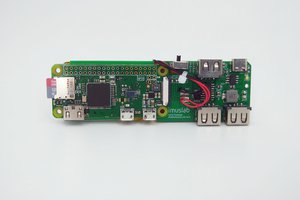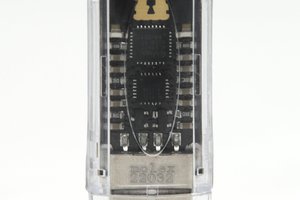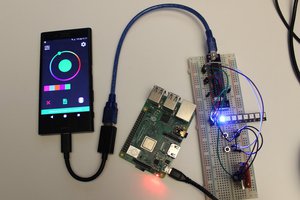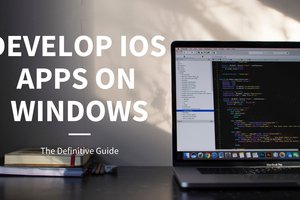I have a Qt WebEngine app with react gui and a js bridge that runs as a usbip client, on the server side is also a qt app just a server to add all the network control parts that I found I wanted (such as multicast discovery).
USB/IP EZ
Create a usbipd server and nice gui client interface
 Dice Wasser
Dice Wasser



 tobychui
tobychui
 Paul Kissinger
Paul Kissinger
 Sven Gregori
Sven Gregori
 spencerkrit78
spencerkrit78
Have you thought about making a second Pi zero to act like a client, forwarding the usb/ip atach to a physical usb port on the client?